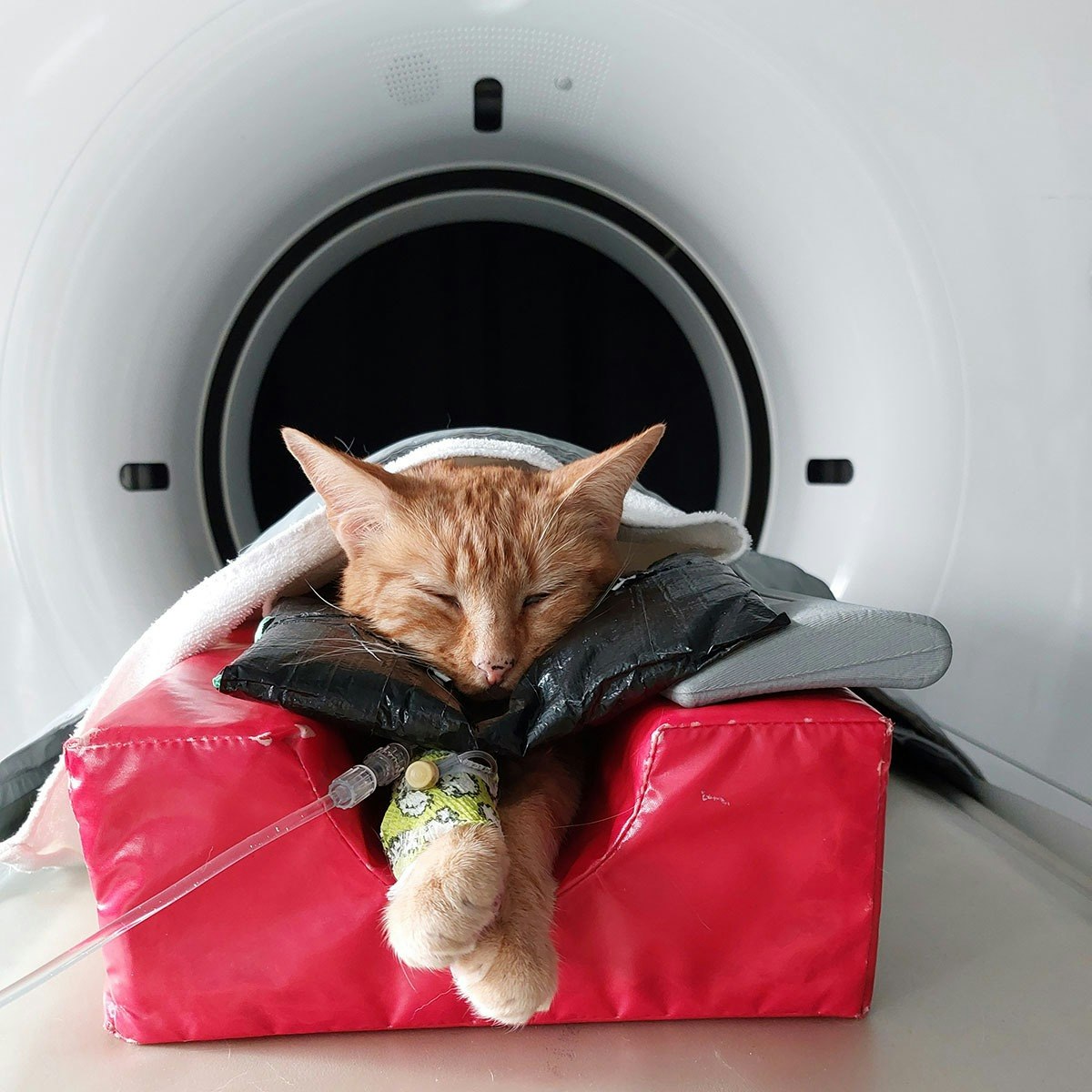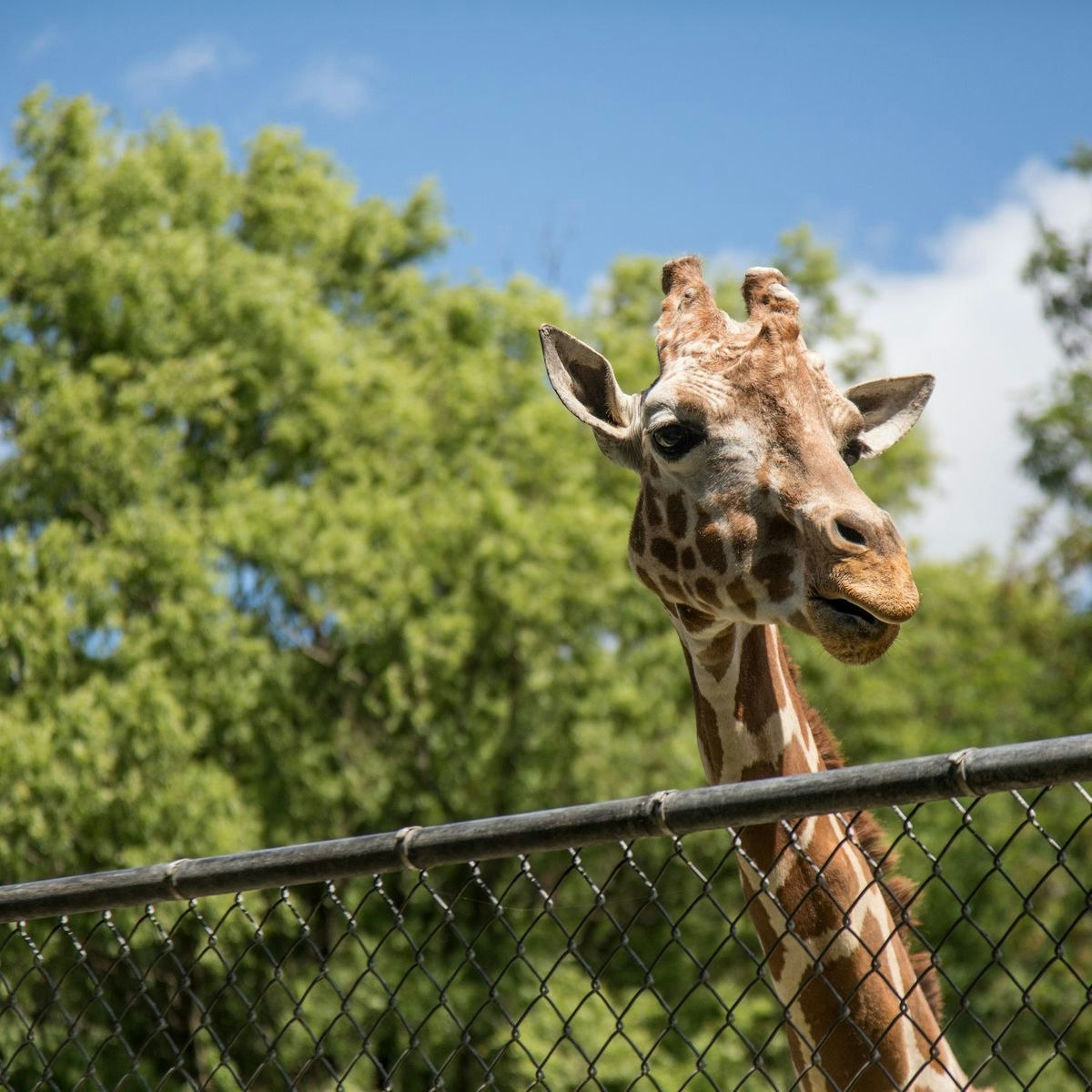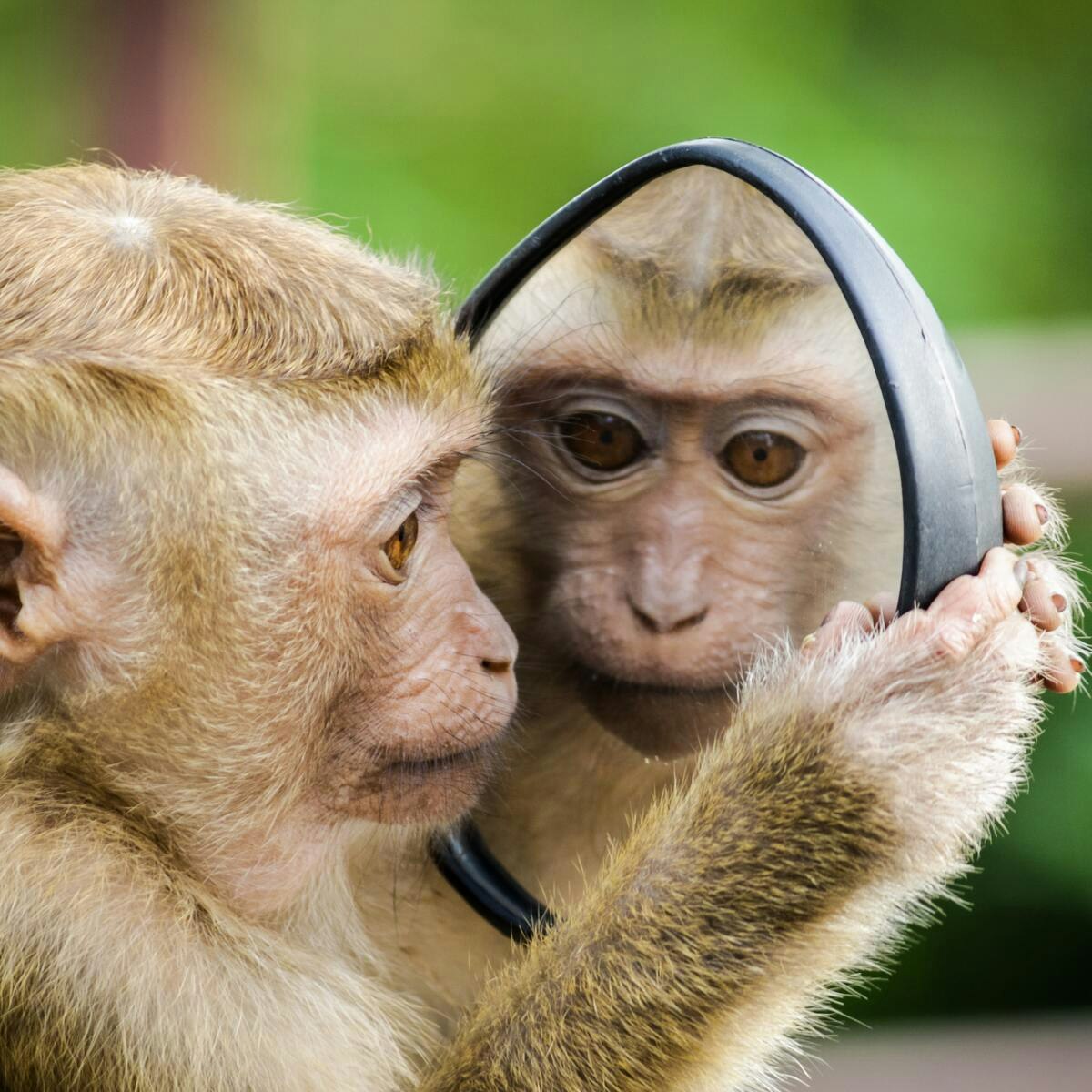Animal Trainer
A Comprehensive Guide to Becoming an Animal Trainer
Animal training is a fascinating field dedicated to modifying animal behavior for specific purposes. This can range from teaching basic obedience to companion animals, preparing service animals for complex tasks, training animals for entertainment, or managing wildlife in conservation settings. It involves understanding animal psychology, learning theory, and employing specific techniques to achieve desired behavioral outcomes.
Working as an animal trainer offers the unique reward of building strong bonds with animals and witnessing their learning progress firsthand. It's a career that often appeals to those with a deep love for animals, a passion for behavior science, and a desire for hands-on work. The diversity is also appealing; one day you might be working with dogs, the next with dolphins or birds, depending on your specialization.
Introduction to Animal Training
What is Animal Training?
Animal training involves teaching animals specific responses to cues or signals. It's a process grounded in behavioral science, utilizing principles like reinforcement and conditioning to shape actions. The scope is broad, covering everything from house-training a puppy to preparing a hawk for falconry or teaching a dolphin complex routines for public display or research.
Effective training focuses on clear communication between the trainer and the animal. It requires keen observation skills to understand an animal's motivations, limitations, and learning style. The goal is not just to elicit behaviors but to do so in a way that promotes the animal's well-being and strengthens the human-animal relationship.
Modern animal training emphasizes positive, science-based methods. This approach focuses on rewarding desired behaviors rather than punishing unwanted ones, leading to more reliable results and a better experience for the animal. It requires patience, consistency, and a deep understanding of the species being trained.
A Brief History of Working with Animals
Humans have been influencing animal behavior for millennia, starting with the domestication of species like dogs, cattle, and horses for companionship, labor, and food. Early methods were often based on dominance and coercion, reflecting the prevailing understanding of human-animal dynamics at the time.
The 20th century saw the rise of behavioral psychology, with figures like B.F. Skinner exploring operant conditioning. These scientific principles began to be applied more systematically to animal training, particularly after World War II, leading to more refined and often kinder techniques, notably in military and assistance dog training.
Over recent decades, there has been a significant shift towards positive reinforcement methods, championed by trainers and behaviorists like Karen Pryor and Ian Dunbar. This evolution reflects growing ethical concerns and a deeper scientific understanding of animal cognition and emotion, moving the field towards more humane and effective practices.
These books offer insights into the principles and history shaping modern animal training.
Where Do Animal Trainers Work?
Animal trainers find employment across a diverse range of industries. Many work with companion animals, offering obedience classes, addressing behavioral issues, or preparing dogs for competitions like agility or conformation shows. This often involves running private businesses or working for established training centers.
Another major sector is service and assistance animals. Trainers specialize in preparing dogs (and sometimes other animals) to assist individuals with disabilities, work in law enforcement (K9 units), or perform search and rescue operations. This requires rigorous training standards and often involves working for non-profit organizations or government agencies.
Zoos, aquariums, and wildlife sanctuaries also employ trainers to manage animal populations, facilitate veterinary care through cooperative care techniques, provide enrichment, and educate the public. The entertainment industry, including film and live shows, utilizes trainers for animals performing specific actions, though ethical considerations are paramount in this area.
Key Responsibilities of an Animal Trainer
A Day in the Life
The daily tasks of an animal trainer vary greatly depending on the species they work with and their specific role. Common activities include planning and conducting training sessions focused on specific behaviors, whether it's basic obedience, advanced skills, or behavior modification protocols.
Much time is spent observing animal behavior to assess progress, identify potential issues, and adapt training plans accordingly. Trainers also focus on providing appropriate environmental enrichment to keep animals mentally and physically stimulated, which is crucial for preventing boredom and stress-related behaviors.
Beyond direct animal interaction, trainers often spend time cleaning habitats or enclosures, preparing food, maintaining training equipment, and communicating with clients, owners, or other staff members. Record-keeping is also a significant part of the job.
Tailoring Training to the Species
Effective animal training is not one-size-fits-all; methods must be adapted to the specific species being trained. Understanding the natural history, sensory capabilities, and cognitive abilities of an animal is crucial. For example, training a dog relies heavily on understanding pack dynamics and utilizing scent and hearing, while training a bird might focus more on visual cues and vocalizations.
Marine mammal training often involves distinct hand signals and underwater cues, leveraging their intelligence and aquatic environment. Training horses requires sensitivity to their prey instincts and herd behavior. Even within a species, breed differences and individual personalities necessitate adjustments to the training approach.
A skilled trainer develops expertise in the learning patterns and communication methods of their chosen species. This involves continuous learning and staying updated on species-specific research in behavior and cognition. Ethical considerations also guide the choice of methods appropriate for each animal.
These courses provide foundational knowledge in animal behavior relevant across species.
Understanding animal behavior is key. These texts provide deeper dives into the science.
Keeping Records and Following Rules
Meticulous record-keeping is an essential, though perhaps less glamorous, part of an animal trainer's job. Trainers document training plans, session progress, behavioral observations, feeding schedules, and any medical information. These records are vital for tracking an animal's development, ensuring consistency among multiple trainers, and demonstrating accountability.
Compliance with regulations is also critical. Depending on the setting and species, trainers must adhere to local, state, and federal laws governing animal welfare, handling, housing, and transportation. This includes regulations like the Animal Welfare Act in the United States, overseen by the USDA's Animal and Plant Health Inspection Service (APHIS).
For trainers working in specialized fields like zoos or research facilities, adherence to industry-specific standards and accreditation requirements (e.g., from the Association of Zoos & Aquariums - AZA) is mandatory. Staying informed about legal and ethical standards is crucial for responsible practice.
Building Your Foundation: Formal Education
Degrees for Animal Careers
While a specific "animal training" degree is rare, several fields of study provide a strong foundation. Bachelor's degrees in Biology, Zoology, Animal Science, Psychology (with a focus on behavior analysis), or Veterinary Sciences are highly relevant.
These programs offer crucial knowledge in animal physiology, anatomy, ethology (the study of animal behavior), genetics, and learning theory. Coursework in statistics and research methods is also valuable for understanding and applying behavioral science principles effectively.
For specialized roles, particularly in zoos, conservation, or research, a graduate degree (Master's or Ph.D.) in Animal Behavior, Conservation Biology, or a related field may be necessary or advantageous. Formal education provides the scientific underpinning for practical training skills.
Certifications and Credentials
While not always legally required, professional certifications can significantly enhance an animal trainer's credibility and job prospects. Several independent organizations offer certifications based on knowledge, experience, and adherence to ethical codes.
For dog trainers, prominent certifications include those from the Certification Council for Professional Dog Trainers (CCPDT) and the International Association of Animal Behavior Consultants (IAABC). These typically involve passing exams, documenting experience, and committing to humane training methods.
Other specializations may have their own certifying bodies or recommended credentials. Obtaining certification demonstrates a commitment to professional standards, continuing education, and ethical practices, distinguishing certified trainers in a largely unregulated field.
Gaining Hands-On Experience
Theoretical knowledge is essential, but practical, hands-on experience is arguably the most critical component of becoming a skilled animal trainer. Internships, apprenticeships, and volunteer positions provide invaluable opportunities to learn directly from experienced professionals and work with diverse animals and behavioral scenarios.
Look for opportunities at animal shelters, rescue organizations, zoos, aquariums, veterinary clinics, established training facilities, or research labs. Even entry-level roles like kennel assistant or volunteer dog walker can provide foundational experience in animal handling and observation.
Documenting your experience thoroughly is important. Keep logs of the species you've worked with, the training methods used, behavioral cases managed, and hours spent. This practical experience, combined with formal or informal education, forms the backbone of a successful animal training career.
Flexible Learning: Online Courses and Self-Study
Learning Animal Behavior Online
The digital age offers abundant opportunities for learning about animal behavior and training theory from anywhere. Online courses provide flexible, self-paced options to gain foundational knowledge or delve into specific topics, from general animal behavior principles to species-specific training techniques.
Platforms like OpenCourser aggregate courses from various providers, covering topics such as dog cognition, equine welfare, feline behavior, and positive reinforcement techniques. These courses can be excellent starting points for aspiring trainers or valuable supplements for those already in the field seeking continuing education.
While online learning can't replace hands-on experience, it provides accessible theoretical grounding. Look for courses taught by reputable experts and certified professionals to ensure the information is accurate and aligns with modern, humane training philosophies.
These online courses offer accessible ways to learn about animal behavior and training principles.
Digital Tools for Trainers
Online resources extend beyond formal courses. Webinars, scientific journals, articles from reputable organizations (like the ASPCA or Humane Society), and online communities dedicated to animal behavior offer continuous learning opportunities. Following respected trainers and behaviorists on social media can also provide insights, though critical evaluation of sources is essential.
Digital tools can also aid in the practical aspects of training. Apps exist for tracking training progress, managing client schedules, and accessing reference materials. Video recording training sessions allows for self-assessment and sharing progress or challenges with mentors or colleagues.
Leveraging these digital resources can complement formal education and hands-on work, keeping trainers updated on the latest research, techniques, and ethical discussions within the evolving field of animal training. OpenCourser's extensive catalog at OpenCourser.com allows you to easily search for relevant courses and materials.
Building Experience Independently
Beyond formal internships, aspiring trainers can proactively build their portfolios. Volunteering at local animal shelters or rescue groups offers consistent exposure to diverse animals and behavioral challenges. This demonstrates commitment and provides practical handling experience.
Consider offering basic training help to friends or family with pets (always under supervision or guidance if you're inexperienced). Document these experiences carefully, perhaps through video or written logs. Creating a portfolio showcasing your hands-on work, even if initially unpaid, can be valuable when seeking paid positions or clients.
Participating in workshops or seminars, whether online or in-person, adds to your skill set and network. Remember, building a career often involves starting with foundational experiences and progressively taking on more complex challenges as your knowledge and skills grow. You can use OpenCourser's list feature to curate courses that build towards your goals.
Career Path and Growth Opportunities
Starting Your Journey
Entry into the animal training field often begins with foundational roles. Positions like kennel assistant, animal care attendant at a shelter or zoo, veterinary assistant, or dog daycare attendant provide essential experience in basic animal husbandry, handling, and observation, even if direct training isn't the primary focus.
Some may find opportunities as training assistants, working under the direct supervision of an experienced trainer. These roles allow for learning practical techniques and client interaction skills in a structured environment. Persistence and a willingness to start with basic tasks are often key.
Building a strong network by attending workshops, joining professional organizations, and connecting with established trainers can open doors to these initial opportunities. Entry-level jobs provide the groundwork for advancing to more specialized training roles.
Finding Your Niche
As trainers gain experience, many choose to specialize. Specializations can be species-based (e.g., canine, feline, equine, avian, marine mammals, exotics) or function-based (e.g., service/assistance animals, behavior modification for aggression or anxiety, specific dog sports like agility or scent work, zoo animal husbandry training, wildlife rehabilitation).
Developing expertise in a specific area allows trainers to command higher rates or secure specialized positions. This often requires additional education, certifications, and extensive hands-on experience within that niche. For instance, training guide dogs involves specific protocols and working closely with organizations dedicated to that purpose.
Choosing a specialization often aligns with personal interests and passions. Researching the demand and requirements for different niches can help guide career development. Continuous learning within the chosen specialty is crucial for staying current and effective.
This course focuses on a common behavioral issue, representing a potential specialization.
These books delve into training specifics, useful for specialization.
Becoming Your Own Boss
Many experienced animal trainers pursue entrepreneurial paths by starting their own businesses. This could involve offering private in-home training, group obedience classes, specialized behavioral consultations, or even opening a dedicated training facility.
Running a business requires skills beyond animal training, including marketing, client management, scheduling, bookkeeping, and understanding local business regulations. While offering autonomy and potentially higher earning potential, it also involves the risks and responsibilities of entrepreneurship.
Successful independent trainers often build a strong reputation through client referrals and professional networking. Specializing in a high-demand area or offering unique services can help differentiate a business in a competitive market. Online platforms can also be leveraged for marketing and reaching potential clients.
These courses touch on the business side of pet care.
Skills You Need to Succeed
The Trainer's Temperament
Beyond technical knowledge, certain personal attributes are crucial for success as an animal trainer. Patience is paramount; animals learn at different paces, and progress often involves setbacks. The ability to remain calm and consistent, even when facing challenges, is essential.
Keen observational skills are vital for interpreting subtle animal body language and understanding the underlying causes of behavior. Trainers must accurately read cues to assess an animal's emotional state and adjust their approach accordingly. Empathy allows trainers to connect with animals and understand situations from their perspective.
Excellent communication skills are also needed, not just for signaling animals but also for explaining concepts and progress to human clients or colleagues. Building rapport with both animals and people is key to effective training.
Understanding Animal Minds and Bodies
A solid understanding of animal biology and psychology forms the scientific basis of effective training. Knowledge of ethology (natural behaviors), physiology (how the body works), and basic anatomy helps trainers understand an animal's capabilities and limitations.
Crucially, trainers need a deep understanding of learning theory, including classical conditioning and operant conditioning. Knowing how reinforcement, punishment (though ideally avoided in modern training), and extinction shape behavior allows trainers to design effective and humane training plans.
Staying updated on research in animal cognition and sentience helps trainers appreciate the complex inner lives of animals and informs more ethical and sophisticated training approaches. This knowledge underpins the ability to solve behavioral problems effectively.
Explore these foundational concepts through online learning.
Handling Difficult Situations
Animal training isn't always smooth sailing. Trainers must be prepared for unexpected situations and possess crisis management skills. This includes knowing how to safely handle fearful or potentially aggressive animals, de-escalate tense situations, and prevent or manage injuries (to humans or animals).
Safety protocols are crucial, especially when working with large, strong, or potentially dangerous species. This involves understanding species-specific warning signs, using appropriate safety equipment (like leashes, muzzles, barriers), and knowing emergency procedures, including basic animal first aid.
Problem-solving skills are constantly tested. Trainers encounter behavioral challenges that require creative thinking and adapting techniques. The ability to analyze complex situations, develop logical solutions, and remain calm under pressure is essential for navigating the unpredictable aspects of working with animals.
This course covers essential safety knowledge.
Ethics in Animal Training
Training Methods: Debates and Best Practices
The methods used in animal training are a subject of ongoing discussion and ethical debate. Historically, methods based on dominance and aversion (using punishment or fear) were common. However, modern behavioral science and ethical considerations strongly favor positive reinforcement techniques.
Positive reinforcement focuses on rewarding desired behaviors, making learning a positive experience for the animal. Methods relying on intimidation, physical force, or fear (aversive methods) can cause stress, anxiety, aggression, and damage the human-animal bond. Most professional organizations now advocate for LIMA principles: "Least Intrusive, Minimally Aversive."
Trainers have an ethical responsibility to prioritize the animal's physical and emotional well-being. This means choosing the kindest, most effective methods available and continuously educating themselves on humane best practices. Organizations like the International Association of Animal Behavior Consultants (IAABC) provide detailed position statements on ethical training methods.
Welfare Standards and the Law
Animal trainers must operate within a framework of legal and ethical standards designed to protect animal welfare. This includes laws governing cruelty, neglect, housing standards, and transportation, such as the federal Animal Welfare Act in the US.
Beyond legal minimums, ethical trainers adhere to higher standards of care. This involves ensuring animals receive appropriate nutrition, housing, veterinary care, enrichment, and opportunities to express natural behaviors. Training itself should be conducted in a way that minimizes stress and maximizes positive experiences.
Industry-specific guidelines, like those from the Association of Zoos & Aquariums (AZA) for zoo professionals, often set rigorous welfare benchmarks. Responsible trainers stay informed about these standards and advocate for the well-being of the animals under their care.
This course specifically addresses welfare within a clinical context, highlighting its importance.
The Ethics of Animals in Entertainment
The use of animals in entertainment (film, television, circuses, live shows) presents complex ethical challenges. Concerns revolve around whether the training methods used are humane, whether the performance environment meets the animal's welfare needs, and whether using animals for entertainment is inherently ethical.
Historically, training for entertainment often involved harsh methods. While significant progress has been made towards positive reinforcement, ethical questions remain about an animal's "choice" to perform and the potential stress involved in transport, housing, and performance schedules.
Organizations like American Humane monitor animal treatment on film sets, providing one layer of oversight. However, ongoing debate exists about the appropriateness of keeping certain species (like large marine mammals) for entertainment purposes. Trainers working in this sector face particular scrutiny regarding their methods and the overall welfare implications for the animals.
These courses touch upon societal views and the place of animals in human institutions.
Industry Trends and Future Outlook
Technology's Role
Technology is increasingly influencing animal training. Innovations include remote treat dispensers, automated feeders linked to training goals, wearable tech to monitor activity and physiological stress indicators, and sophisticated video analysis software to track behavioral patterns.
While technology offers new tools, it doesn't replace the fundamental need for understanding behavior and building relationships. Ethical implementation is key – ensuring technology enhances welfare rather than becoming overly intrusive or replacing essential human interaction and observation.
Artificial intelligence (AI) may play a future role in analyzing complex behavioral data or even assisting in tailoring training plans, but the core skills of observation, timing, and empathy remain central to the trainer's role.
Growing Fields
The demand for well-trained service and assistance animals continues to grow, driven by increased awareness of their benefits for individuals with various disabilities (physical, sensory, psychiatric). This creates opportunities for trainers specializing in preparing dogs for these crucial roles.
There's also rising interest in animal-assisted therapy (AAT), where animals participate in therapeutic interventions. Trainers may be involved in selecting, preparing, and handling animals suitable for therapy work in settings like hospitals, schools, or nursing homes.
As pet ownership remains high and owners become more educated about behavioral wellness, the demand for qualified trainers and behavior consultants for companion animals is also expected to remain strong. According to the U.S. Bureau of Labor Statistics, overall employment for animal care and service workers is projected to grow much faster than the average for all occupations.
Conservation and Sustainability
Animal trainers play increasingly important roles in wildlife conservation and sustainability efforts. In zoos and sanctuaries, trainers use positive reinforcement techniques for husbandry behaviors (like voluntary blood draws or crate training), reducing stress during veterinary procedures and facilitating research.
Training can also be crucial in preparing animals for reintroduction into the wild, teaching them essential survival skills like predator avoidance or foraging. Furthermore, trainers contribute to conservation education programs, fostering public appreciation for wildlife and environmental stewardship.
As institutions focus more on welfare and conservation missions, trainers skilled in modern, humane techniques are valuable assets. This intersection of animal behavior expertise and conservation goals represents a growing area within the field.
This course offers a glimpse into primate conservation challenges.
Facing the Challenges
Staying Safe on the Job
Animal training inherently involves physical risks. Bites, scratches, kicks, or being knocked over are potential hazards, depending on the species. Trainers must prioritize safety through proper handling techniques, understanding animal warning signals, using appropriate safety gear, and maintaining situational awareness.
Working with unpredictable animals or those with a history of aggression requires heightened caution and expertise. Knowing when to proceed, when to pause, and when to seek assistance is crucial. Proper facility design and adherence to safety protocols minimize risks.
Maintaining physical fitness can also help prevent injuries. Despite precautions, injuries can occur, making awareness of risks and preparedness essential components of the job.
The Emotional Side of Training
Working closely with animals can be emotionally demanding. Trainers often form strong bonds and may experience grief when an animal passes away or must be rehomed. Dealing with cases of animal abuse, neglect, or severe behavioral issues leading to euthanasia can cause significant emotional stress and compassion fatigue.
Managing client emotions and expectations can also be challenging, particularly when dealing with beloved pets exhibiting difficult behaviors. Burnout is a real risk in caregiving professions, and animal training is no exception. Developing coping mechanisms, seeking peer support, and maintaining work-life balance are important for long-term well-being.
Despite the emotional challenges, the deep connection with animals and the satisfaction of making a positive difference in their lives are powerful motivators for many trainers.
Navigating the Business Side
For trainers who work independently or run their own businesses, managing the business aspects presents unique challenges. Freelance work can mean income instability, requiring consistent marketing and client acquisition efforts.
Client management involves clear communication, setting boundaries, handling scheduling, invoicing, and sometimes dealing with difficult or non-compliant owners. Business administration tasks like bookkeeping, insurance, and staying compliant with regulations add another layer of responsibility beyond the hands-on training.
Building a sustainable business takes time, effort, and business acumen in addition to training skills. Finding mentors or resources for small business management can be beneficial for entrepreneurial trainers.
Frequently Asked Questions (FAQs)
Is a degree mandatory to become an animal trainer?
No, a specific degree is typically not mandatory to call yourself an animal trainer, as the field is largely unregulated. However, formal education (like degrees in biology, zoology, or psychology) provides valuable foundational knowledge. More importantly, extensive hands-on experience and often certifications are crucial for credibility and employment, especially in specialized roles (zoos, service animals).
Can I transition from pet ownership to professional training?
Passion for your own pet is a great starting point, but professional training requires much more. It involves understanding learning theory, diverse species/breeds, handling various temperaments, managing behavioral problems systematically, and client communication skills. Transitioning requires dedicated learning (formal or informal), gaining broad hands-on experience beyond your own pet, and potentially certification.
What is the average salary range?
Salaries vary widely based on experience, location, specialization, and employment setting (e.g., private business vs. non-profit vs. zoo). Entry-level positions may start near minimum wage, while experienced, certified trainers, especially those with successful businesses or in high-demand niches (like specialized service animals or zoo positions), can earn significantly more. The BLS provides salary data for Animal Care and Service Workers, which includes trainers, but specifics can differ greatly.
How does animal training differ across countries?
Regulations, common training methods, cultural attitudes towards animals, and the prevalence of certain industries (e.g., specific types of working animals) can differ significantly. Certification requirements and professional standards also vary. While core behavioral principles are universal, practical application and professional landscapes can change geographically.
Are there age restrictions for entering the field?
Generally, there are no strict upper age limits, making it a potential career change option. However, entry-level positions often require individuals to be at least 18, especially for insurance or legal liability reasons when handling animals. The work can be physically demanding, which might be a consideration regardless of age.
Can animal trainers work remotely?
While most animal training requires direct, in-person interaction, some aspects can be done remotely. Virtual consultations via video calls for behavioral advice or guiding owners through training steps are becoming more common. However, fully remote work is rare, as hands-on assessment and training remain central to the profession.
Related Careers and Further Exploration
If animal training interests you, several related careers might also appeal. These roles often involve working closely with animals, though the focus might differ slightly.
Other related fields include zoology, wildlife biology, ethology (animal behavior research), and veterinary medicine. Each requires different educational pathways and focuses on distinct aspects of animal science and care.
To deepen your understanding, explore specific topics related to animal training.
You can discover more courses and resources related to these fields by exploring categories on OpenCourser, such as Biology and Science.
Useful Resources
For those serious about pursuing a career in animal training, connecting with professional organizations and staying informed is key. Here are some helpful resources:
- Certification Council for Professional Dog Trainers (CCPDT): Offers internationally recognized certifications for dog trainers. www.ccpdt.org
- International Association of Animal Behavior Consultants (IAABC): Provides certification and education for animal behavior consultants across species. iaabc.org
- Association of Professional Dog Trainers (APDT): A professional organization offering education and resources for dog trainers. apdt.com
- Association of Zoos & Aquariums (AZA): Sets accreditation standards for zoos and aquariums, often a key resource for those interested in zoo careers. www.aza.org
- Animal Welfare Act (AWA) Information: Details on the primary U.S. federal law regulating animal treatment in research, exhibition, transport, and by dealers. Provided by the USDA APHIS. USDA APHIS AWA Page
- OpenCourser Learner's Guide: Find tips on how to effectively use online courses for career development. OpenCourser Learner's Guide
Embarking on a career as an animal trainer is a journey fueled by passion, patience, and a commitment to lifelong learning. It requires blending scientific understanding with practical skill and deep empathy for the animals you work with. While challenges exist, the rewards of building trust, facilitating communication, and improving the lives of animals and their human companions make it a uniquely fulfilling path for dedicated individuals. Whether you pursue formal education, certifications, or gain experience through volunteering and self-study, the key is consistent effort and adherence to humane, science-based practices.

















